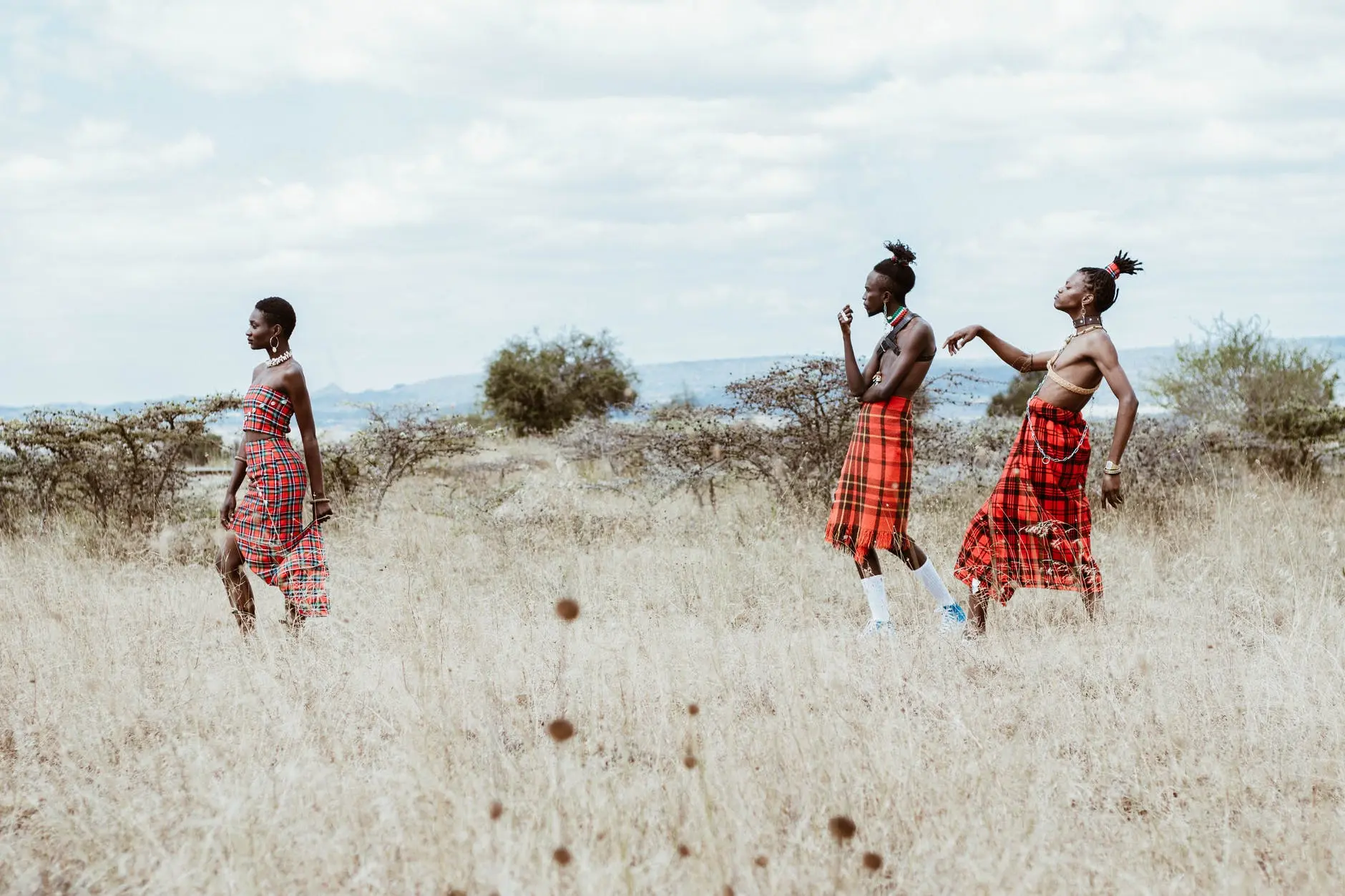Childhood is considered a social construction in that its understandings are different everywhere. Despite all societies acknowledging the existence of differences between children and adults, their differences and expectations differ depending on the society involved. In most cases, these different views of childhood are informed by particular cultural contexts that determine how childhood is and should be. The status, roles, and value of children and family roles and relationships with children in the Cree culture and the South African culture provide an understanding of how childhood is conceptualized in the two cultures.
The Traditional South African Culture
The traditional South African culture is rooted in the principle of communalism. It means that children are considered part of the community whereby a community refers to persons that are linked by interpersonal bonds and are guided by communal values. These communal values define the social relations of people within a community. A family is a basic unit in the South African culture and it exists as the strongest sense of solidarity for people in society. In this culture, a family transcends the nuclear members, which comprises of father, mother, and children. It includes people that are related by blood to the nuclear members (Ndofirepi & Shumba, 2014). Therefore, people related through kinship ties as well as blood look into the welfare of a child in such a society. It means that a child is everybody’s and all members of the community play an important role in his or her development. The whole community has a great responsibility toward a child’s development (Parchment et al., 2016). Children, in turn, have to offer a duty to the community and not just their immediate family members. Therefore, children are raised to place communal interests before individual interests in South African culture. In the traditional South African culture, children are raised to be of strict discipline that is instilled in them by all members of the community (Parchment et al., 2016). However, this has changed over time in the South African culture as children today are considered members of a nuclear with the father and mother tasked with raising them to become responsible people in society.
In Cree Culture
In Cree culture, children play an important role in society as they have spiritual and genetic connections with their ancestors. Therefore, they are supposed to raised in consideration of these linkages. Parents have to promote attachment with their children by learning various behaviors and traditional teachings. In the Cree culture, children are considered to be of high status due to their connection with the spirits (Pazderka et al., 2014). Therefore, all procedures from pre-birth to birth and naming have to be done accordingly to ensure that children connect to their spirit. Children in the Cree culture are taught to learn to fight their battles by themselves and this process is known as individuation (Pazderka et al., 2014). In the Cree culture, children are majorly taught respect, responsibility, independence, and relationship. There have been no significant changes in Cree culture’s experience of childhood over time as most conceptualizations of childhood described are still part of the culture today.
Various similarities and differences exist in the two cultures regarding their conceptualization of childhood. For instance, children are highly valued in both societies. In the South African culture, children are valued considering that they are considered additional members of the community. In the Cree culture, children are associated with spirits and this is the reason the right procedures have to be undertaken to ensure that they connect to their spirits. Caring for children starts right from pre-birth and this demonstrates how important they are in the community. However, there are significant differences between the two cultures regarding the raising of children. For instance, all community members in the South African culture raise children, while in Cree culture; mothers are tasked with the responsibility of raising children with elders providing indigenous teachings. In South African culture, children are taught to place communal interests before individual interests, while in Cree culture, children are taught to be independent and responsible.
References
Ndofirepi, A.P., & Shumba, A. (2014). Conceptions of “child” among traditional Africans: A Philosophical Purview. Journal of Human Ecology, 45(3), 233-242. https://doi.org/10.1080/09709274.2014.11906696
Parchment, T. M., Small, L., Osuji, H., McKay, M., & Bhana, A. (2016). Familial and contextual influences on children’s prosocial behavior: South African caregivers as adult protective shields in enhancing child mental health. Global Social Welfare: Research, Policy & Practice, 3(1), 1–10. https://doi.org/10.1007/s40609-016-0042-8
Pazderka, H., Desjarlais, B., Makokis, M., MacArthur, C., Steinhauer, S., Hapchyn, C.A., Hanson, T., Kuppeveld, N., & Bodor, R. (2014). Nitsiyihkâson: The brain science behind Cree teachings of early childhood attachment. First Peoples Child and Family Review, 9(1), 53-65.








